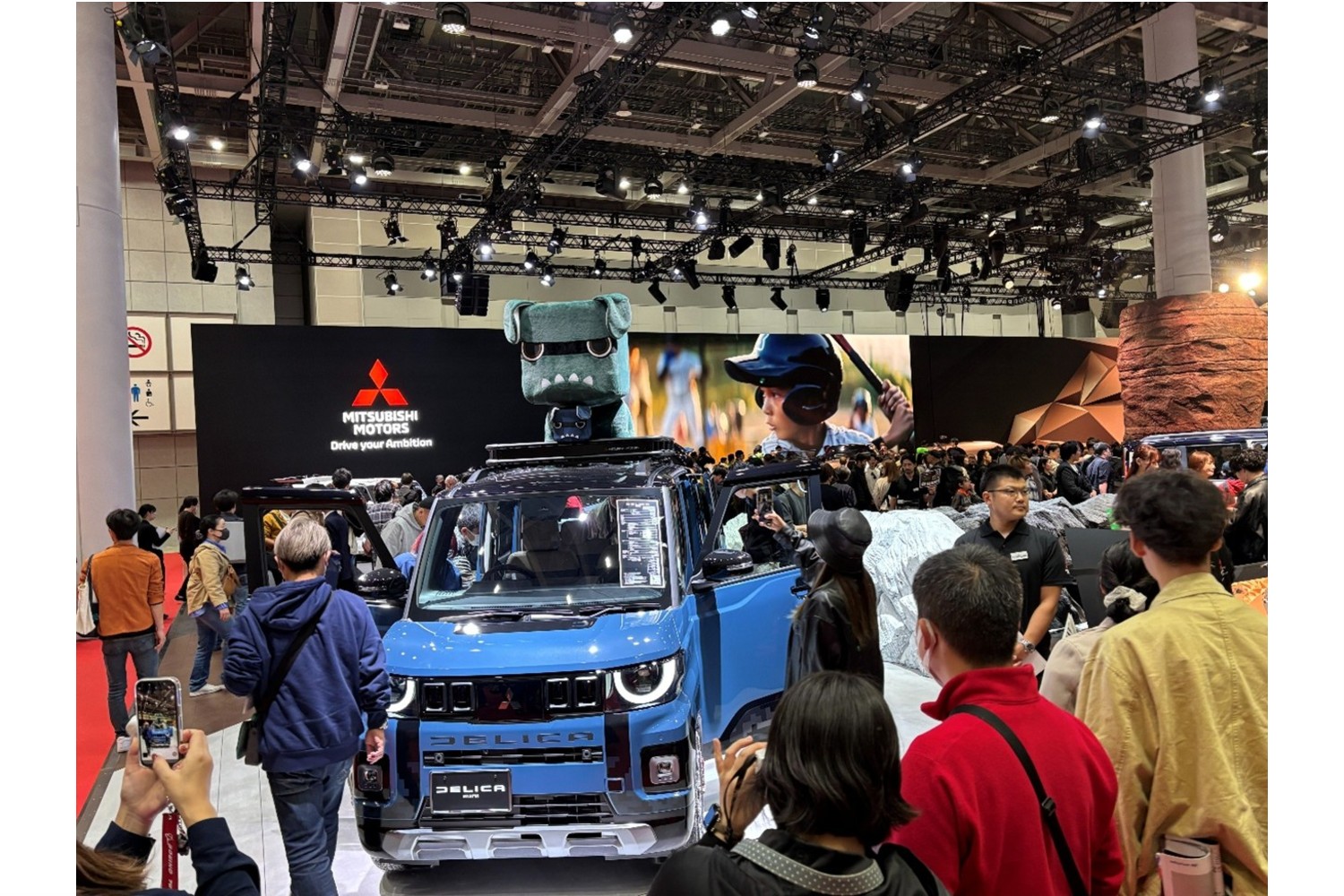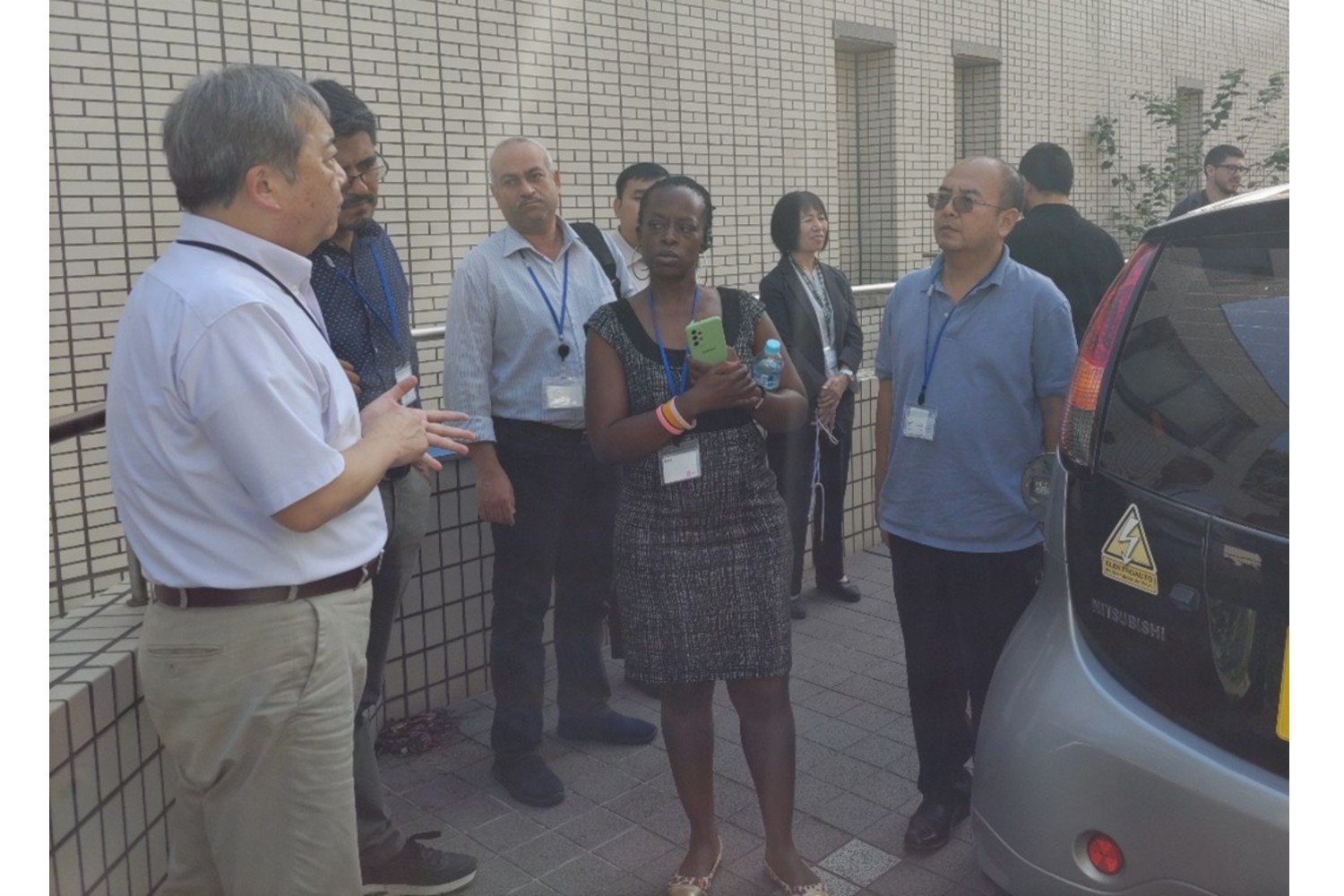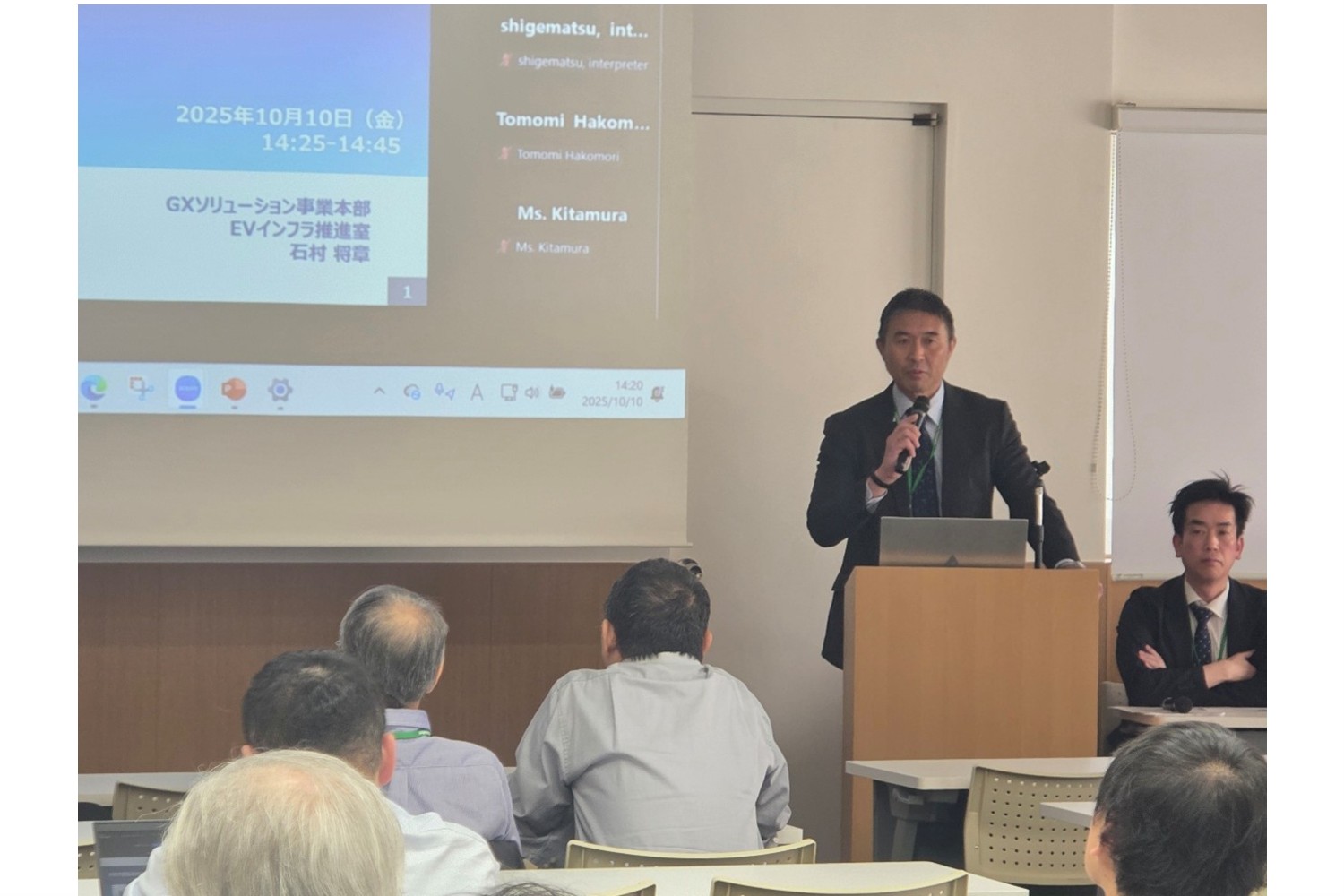CHAdeMO Association, since its inception in 2010, has been working hand in hand with e-mobility stakeholders on the deployment of EV charging infrastructure, and has demonstrated technological expertise across the zero- and low-emission transport sector through incessant innovations in Europe and elsewhere. By way of contributing to the public consultation for the EU strategy for a sustainable and smart mobility, we wish to express our engagement to contribute to the EU’s objective of building a resilient transport sector fit for a clean, digital, inclusive and modern economy.
Given the on-going COVID-19 pandemic, the Association agrees that Europe, now more than ever, needs to promptly build a resilient and cleaner transport system that can secure the smooth cross-border flow of citizens and goods under all circumstances. It goes without saying that the electrification of transport system is a precondition for the EU to achieve such objectives and become the first climate neutral continent. We also welcome the EU’s efforts in finding a right balance between building on the European transport industry’s competitiveness for growth and recovery on the one hand, while ensuring social fairness for its citizens through a just transition to mobility that is not only attractive and accessible but also affordable, on the other.
With these in mind, the Association is willing to support the European Union by ensuring the provision of safe, affordable and interoperable charging technology. As a longstanding contributor to the EU’s initiatives in the area of e-mobility, we wish to invite the Commission to carefully take into consideration the below set of key principles and elements in evaluating the policy options in order to foster sustainable and sound development of e-mobility ecosystem in Europe:
- Look to build on Europe’s competence in the EV and EV recharging infrastructure industries in an inclusive and technologically neutral manner, while preserving and supporting the existing infrastructure so that stakeholders can collectively achieve the sustainable mobility goals set in the European Green Deal.
- Over 14,000 DC high-power CHAdeMO recharging infrastructures have been deployed thanks to the investors’ trust in CHAdeMO for its reliable, safe, and robust technology. Over half a million EV drivers across Europe whom these chargers serve should not be penalised or disproportionately disadvantaged in their future recharging options.
- Maintaining and accommodating existing EV recharging asset is extremely important for the convenience of EV drivers, market trust and sustainable development. The Association strives to ensure backward compatibility at each version update and asks the Commission to pay a great deal of attention in its market design as well as any transition plan to be as inclusive and enabling as possible.
- Consider Vehicle-Grid integration in planning for the transition to sustainable and smart mobility. While the grid-side considerations advance in the relevant legislative measures including the EU Strategy for Energy System Integration, the transport-side strategy for this cross-section of transport and energy will gain from preparation and alignment.
- Full electrification of passenger road transport will require some upgrades of the local grid infrastructure. The Vehicle-to-Grid (V2G) technology, as part of smart EV recharging, is a solution to mitigate such investments through utilising the battery storage capability in the EV, and should be viewed as part of the new technology to be incentivised for large scale market deployment.
- As the more solar and wind power generators are connected to the grid, the more balancing power is required to make the grid stable. V2G can contribute greatly to stabilising the grid by alleviating the intermittent availability of renewable energy sources and to realising the electricity decarbonisation, from both the supply and demand sides.
- As demonstrated in various EU-funded projects, V2G is also a way to heighten resilience of the society as countermeasures for natural disasters or blackouts caused by unstable grids. EV battery as mobile and back-up source of power can be helpful in disaster-ridden or remote areas, including islands, where electricity supply or recovery could be difficult.
- CHAdeMO is the only international standard that enables the V2G technology with many EVs and EV bi-directional chargers already in the market. With the world’s most advanced products and services provided by European manufacturers and tested in demo project and commercial operation phases, the Association’s members are providing valuable findings and data for large scale market deployment of V2G. As our members and collaborators lead innovations in the domain of smart recharging infrastructure using CHAdeMO, we strongly encourage policymakers to capitalise on our experience.
- Be reminded that while ensuring interoperability between Member States’ infrastructures and services is important to accelerate the transition towards sustainable and smart transport, standardisation or prescription in EV recharging technologies is premature. The Association believes that the harmonisation (and not unification) of standards is the way to enable a transport sector fit for a clean, digital, inclusive and modern economy.
- The industry is working on the harmonisation of standards pertaining to EV recharging, which can ensure backward and forward compatibility of existing and future EVs and recharging infrastructure, thereby soliciting investments in the long-term future of e-mobility without wasting any previous investments.
- Defining the goals to achieve without mandating the means can be an optimal way to nurture innovation and accelerate achievement of the desired end results. For example, Europe can choose to define the level of security or type of smart recharging use cases needed, without mandating the ‘how.’
- Closely collaborate with all e-mobility stakeholders for the elaboration of secure, pragmatic and effective solutions to ensure a just transition that leaves nobody behind.
- Security is a major challenge that we all face in today’s digitalised and automated society. International stakeholders in recharging technology standardisation constantly review and renew its data security standards, which evolve through market experience and innovation.
- The Commission is therefore welcome to engage in dialogues with the Association’s European member companies and identify areas in which political interventions are needed and valuable for the purpose of forming this Strategy.
- Foster a competitive environment for a better user experience of EV drivers so that recharging is made as easy, secure, and sustainable as possible.
- Opting for supportive policy choices that provide an enabling environment and prevent any unnecessary barriers to the uptake of innovation, Europe shall see greater choices deliver benefits for consumers through better services at a lower price. In this respect, close collaboration with consumer associations shall be encouraged.




